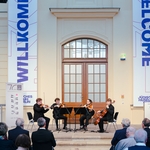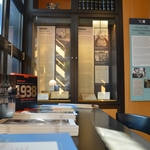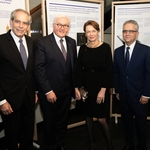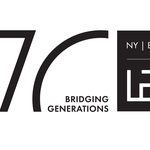2022–2023 Gerald Westheimer Career Development Fellows
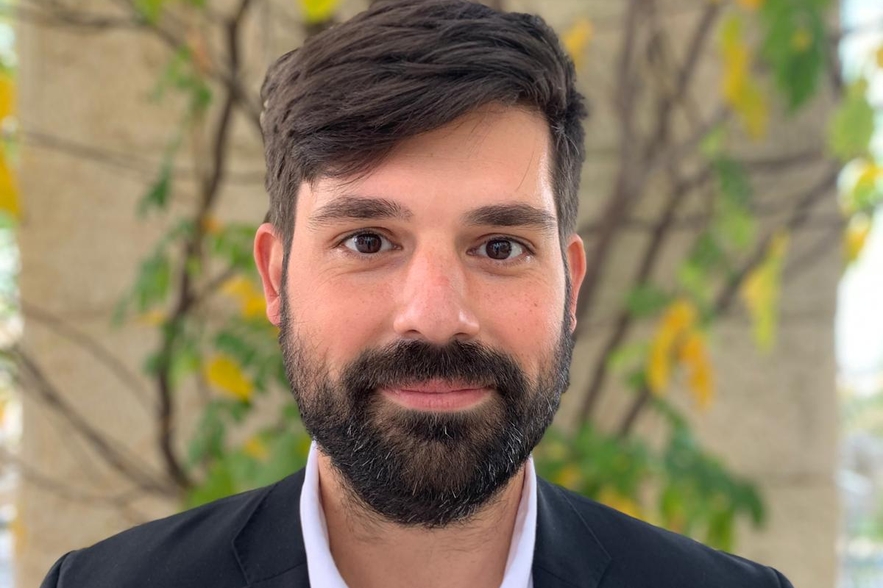
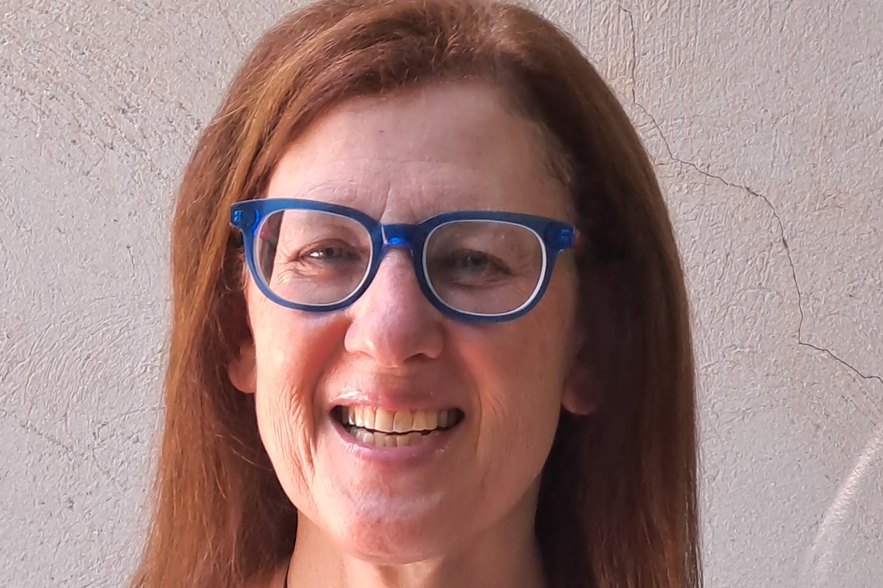
- Datum
- Mo., 19. Sep. 2022
Every year, the Gerald Westheimer Career Development Fellowship provides unrestricted support to two scholars who have completed their doctoral degree but have not yet received tenure at an academic institution. We are proud to introduce the 2022–2023 fellows and their research projects.
Andreas Lehnertz is a postdoctoral fellow in the Martin Buber Society of Fellows in the Humanities and Social Sciences at the Hebrew University of Jerusalem. He teaches medieval and Jewish history, and his research explores the social, economic, legal and cultural history of Jewish men and women in medieval Europe.
“I am currently researching Jewish craftspeople in medieval German lands (c. 11th – early 16th centuries). Past scholarship on the economic history of the Jews in medieval Germany has focused almost exclusively on moneylending, partly because it is an activity that generated a great mass of textual sources. An economic, social, and legal history of Jewish professional involvement in crafts, however, has yet to be written. Jewish artisans such as goldsmiths, glaziers, or woodcarvers, among numerous other professions, such as messengers, launderers, or water carriers, frequently appear in our sources but are seldom accounted for by scholars. My book will expand the discussion of Jewish economic life in medieval German lands. By focusing on Jewish artisans, I intend to shine a light on the lives of largely unknown men and women and reveal a greater variety in the ways everyday Jews and Christians worked together and distinguished themselves in medieval Germany. This approach will help to enhance our understanding of Jewish integration and distinction in medieval Germany and lay the groundwork for further in-depth analyses of economic and social structures between Jews and Christians in medieval urban settings.”
Rachel Blumenthal is a fellow at the Institute of Contemporary Jewry in the Hebrew University of Jerusalem. She researches the cataclysmic consequences of the Second World War, including the issue of Holocaust reparations and the genesis and operations of the Claims Conference.
“Annexed Austria and its citizens played the same role as Germany and Germans in the robbery and murder of Jews in the Second World War. Austria ceased to exist on March 13, 1938, but the territory and the people (except the Jews) remained. Austrians, who constituted only ten percent of the Greater German population, filled almost half the key positions in the Holocaust’s command structure. This partnership in the violation of human rights ended on May 8, 1945. The Allies defined Germany as a criminal state and Austria as a victim liberated from occupation. Accordingly, Austria was granted almost unlimited autonomy in the definition of remedies for survivors. The Austrian government adopted restitution and welfare legislation that prioritized political opponents of the Schuschnigg regime over victims of National Socialism. Moreover, Jews forced into exile and stripped of their citizenship were not eligible for the restitution of their property.
My research will examine the Austrian model of restorative justice in the years 1945 to 1965 and the impact of Austrian legislation and administrative actions on the lives of Jewish former citizens and residents. I will use the unexplored archives of the Claims Conference on the protracted negotiations with Austria. Other sources include claims fi led for relief and restitution by Jews and the LBI’s collections of family documents. The objective is to analyze the workings of the Austrian system and the considerations that determined the fate of Jewish claims, including gender, age and place of residence.”
Aktuelles
